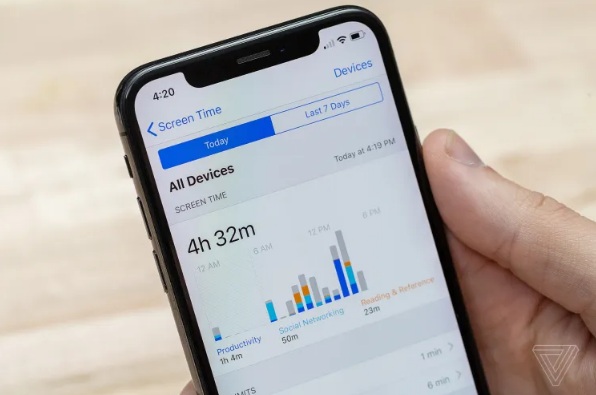It was Luther Standing Bear, a Lakota Chief and educator, who described a child who could not sit still as a “half-developed child”.
His statement was as a result of his cultural expectations of children to be disciplined and self-controlled from a young age.
Later, another American Philosopher and educationist, John Dewey, argued that children should not be seated quietly. He advocated experimentation, practicality and experience-based learning as opposed to the approach that requires a child to be mentally disciplined enough to participate in rote learning and passive learning.
Today, we appreciate that a good balance is key.
The environment a child finds himself in, therefore, should be carefully chosen based on the values and ethos held. A Modern American child who finds himself among Native Americans will be thought to be too loud and unruly and more likely half-developed, while a Native American child will be judged as being dull and boring because of his ability to remain seated for longer than expected of a child in a Modern American school.
Whilst these cultural biases exist and can be problematic, it is important to understand that a child’s ability to focus and concentrate does not just happen. It develops gradually as they progress through the various milestones from birth.
Babies
Babies begin to show interest in faces, objects and sounds by staring, lifting their heads off the bed, turning towards the point of attraction and maintaining eye contact.
By three months, most babies become curious and this is noticeable during breastfeeding when they stop to take in distractions from the environment. They begin to engage with the environment by becoming more attentive.
From six to nine months, they become more curious and explorative ― pulling earrings, making babbling sounds, and even crawling away to scatter the space they may find themselves in. Exploring the sensory experiences of taste, hearing and touch requires an ability to focus and concentrate.
This gets more interesting when they start walking by their first birthday. Their focus and concentration skill which is developing enables them to imitate the people around them.
Their capacity to imitate then facilitates play where they try to do what they see mummy or daddy doing like wearing their shoes or talking on the phone etc.
At this age, they begin to point at objects and show interest in sharing objects in the environment with others.
They will often bring objects to the parent or caregiver, looking forward to that mutual enjoyment of the object they find exciting.
This is known as joint attention and is necessary for the development of language, social skills and cognition.
As they continue to school, they tend to build on these skills necessary for attaining academic success and productivity.
Missing out
In recent times, however, many children are missing out on the opportunities to develop focus and concentration because of the vested interest of parents in technology.
The need to achieve more within a limited time at home, whilst nursing a baby or running around with a toddler, can be stressful.
The easiest way out that many parents and caregivers have discovered (thanks to the COVID era) is to simply place the child in front of the television to watch cartoons.
Many hours in front of the screen benefit neither parent nor child in the long run. The child does not receive the needed exposure to develop appropriate attention span and this can cause stress and frustration to both parents and teachers.
Most children having concentration issues and struggling to focus in school in these times may be having a learning difficulty enabled by excessive screen time.
Other reasons children may have such difficulties including lack of proper sleep and nutrition, or they may genuinely have a severe learning difficulty.
The writer is a Child Development Expert/ Fellow at Zero-to-three Academy, USA.
E-mail: nanaesi_19@yahoo.co.uk

